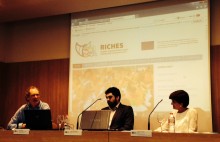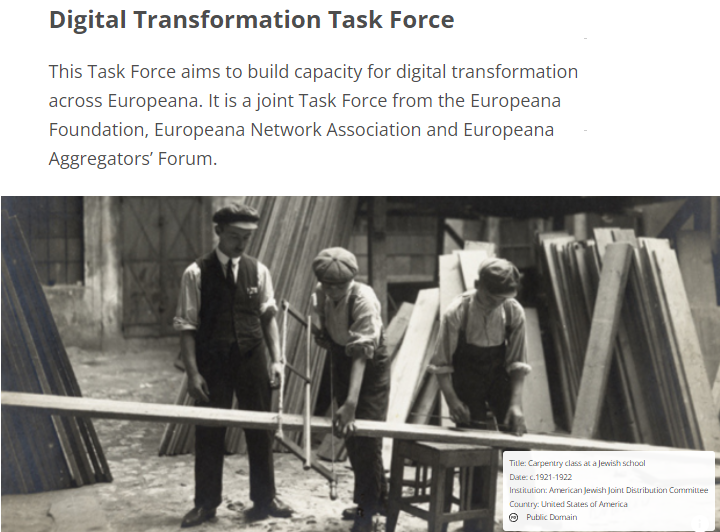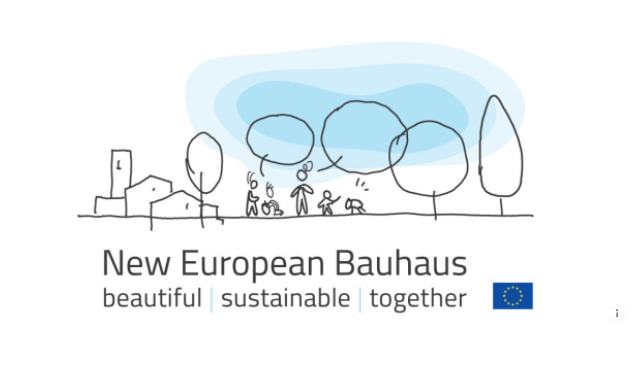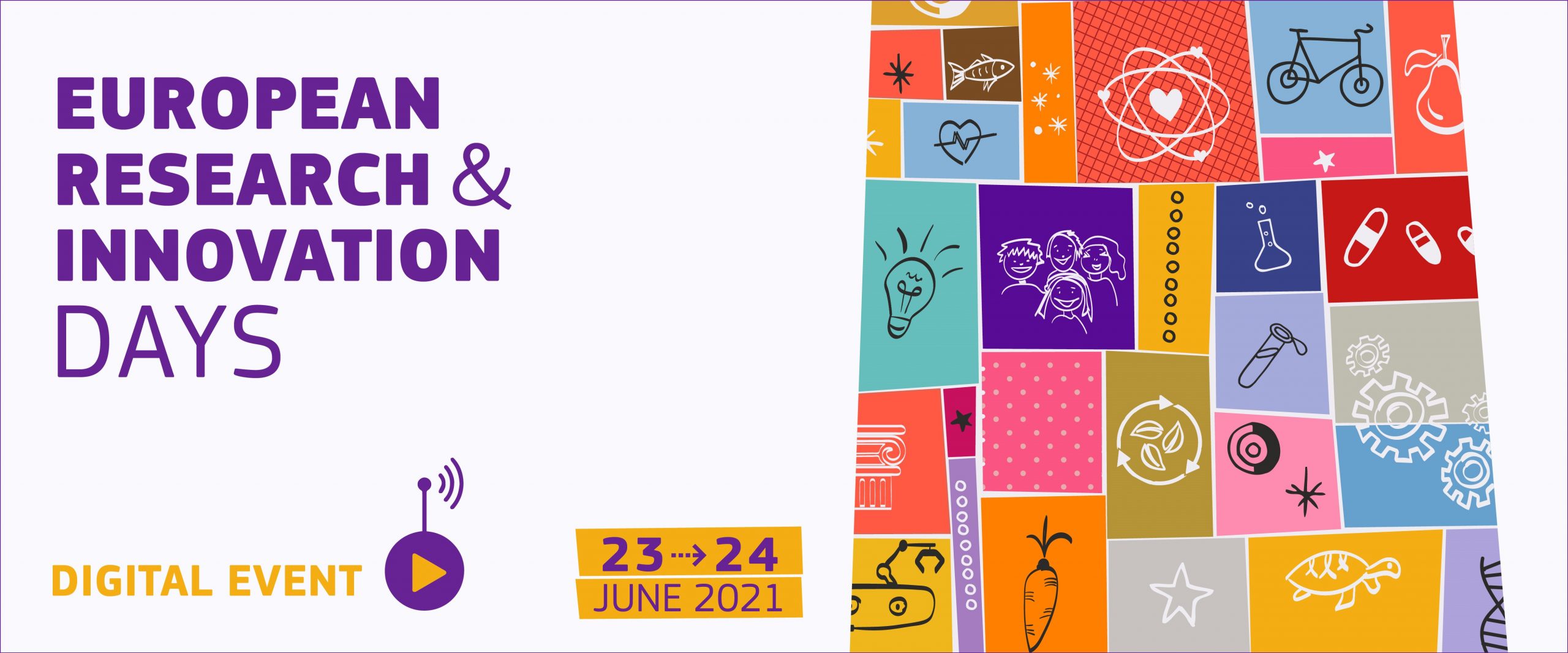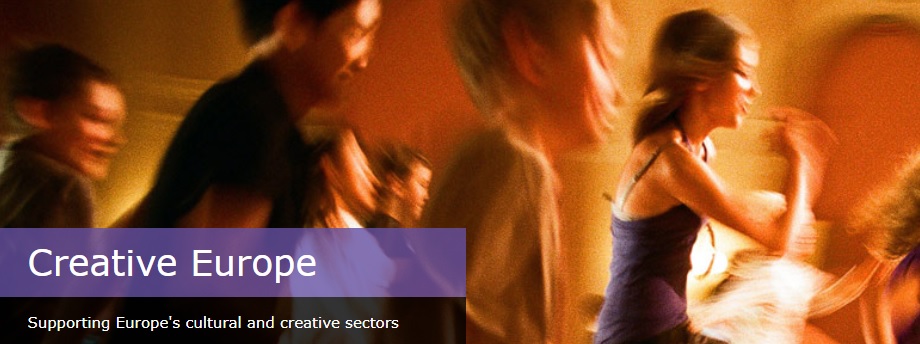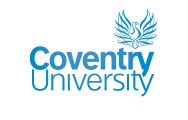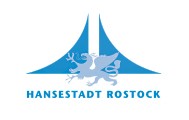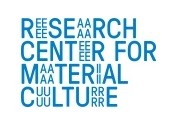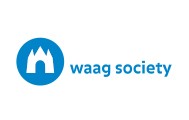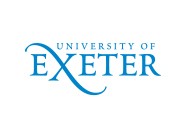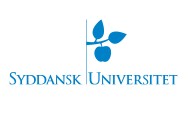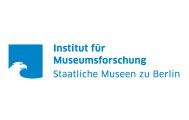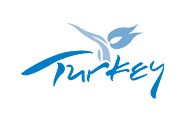-
- MEDIA PARTNER

-
- RELEVANT NEWS from Digitalmeetsculture
-
- RICHES POPULAR TAGS in Digitalmeetsculture
- Amalia Sabiescu Antonella Fresa Brussels co-creation Coventry University cultural heritage Digital Cultural Heritage digital technologies EC Horizon 2020 i2CAT Intangible Cultural Heritage IPR museums Neil Forbes performance-based CH performing arts policy briefs recalibrating relationships RICHES social and economic development social cohesion SSH taxonomy of terms and definitions Waag Society
Topic: riches news

The URLA 2014 Congress’ (Istanbul, OTTOMAN ARCHIVES BUILDING, 17-20 September 2014) main theme will be Management of Cultural Heritage and Cultural Memory Institutions, devoted to identifying best practice for an efficient management of preservation tools by cultural heritage institutions. RICHES partners Hakan Koray Özlük and Hasan Bahadir Aydinonat from KYGM will take part in the congress holding a speech on Preservation of Cultural Heritage and EU Projects, which will provide an interesting overview of the two professionals’ year experience and knowledge in research for innovative ways of cultural heritage’s preservation and enjoyment. Continue reading
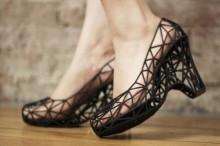
Models can catwalk through holograms of themselves, T-shirts can hug you and couture is being designed virtually and then printed using a 3D printer – no needle and thread involved. These marvels are developing at full speed, changing the way we see, design, make and buy clothes. Continue reading

The Cultural Institute at King’s College London is happy to launch CultureCase: a new, free-to-use web resource that aims to put academic research to work in the cultural sector. The resource translates academic-standard research into digestible 300-word summaries and makes them available for the first time in one portal. Continue reading
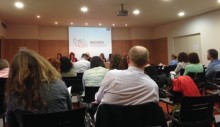
On 13th May i2CAT Foundation, in collaboration with the Universitat Internacional de Catalunya (UIC), organised the first RICHES open to all activity in Barcelona. The activity focused on building the project’s foundation and establishing the project’s taxonomy: a set of basic definitions and conceptual frameworks which will delineate RICHES’ fields of research and further study on the context of change and the role of Cultural Heritage (CH) in the economic and social development in Europe. Continue reading

FEDERCULTURE restarts its training project. On the 20th of May 2014, in Rome, was held the first course of a cycle devoted to deepening several aspects of the cultural services management: gathering of funds techniques, information day about the next EU announcements for culture, fiscal issues of sponsorship, new frontiers of cultural marketing. Continue reading

From 15 to 17 May 2014, in Belgium, at the Troubleyn Theater and the Royal Conservatoire of Antwerp, it was held the colloquium Thinking bodies – Moving minds. The event focused on the topic of performing arts, which in the last years witnessed a proliferation of research; this colloquium aimed to make a current state of this new field of research and to critically reflect the position of artistic research in respect to the artistic practice and the academic field. Continue reading

The project Cultural Heritage Counts for Europe will gather, analyze, consolidate and widely disseminate the existing data on the impact of cultural heritage – i.e. the impact on the social, economic, cultural as well as environmental. It will result in a European mapping of both qualitative and quantitative evidence-based research carried out at the European, national, regional, local and/or sectorial levels. Continue reading
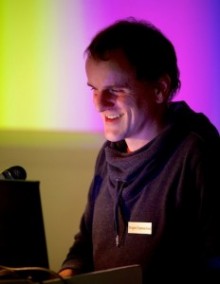
After an international search, leading digital preservation specialist, artist and musician, Dragan Espenschied has been appointed to lead Rhizome’s growing and award-winning Digital Conservation program. Trevor Owens, Digital Archivist with the National Digital Information Infrastructure and Preservation Program (NDIIPP) in the Office of Strategic Initiatives at the U.S. Library of Congress, interviews Dragan about his new role. Continue reading

On December 1-3 2014, in Warsaw, it will be held the NODEM 2014 conference, which aims to bring together museum and heritage professionals, innovation experts and creative industries to enable discussion on the potential of dialogue and collaboration between architecture, experience design, strategies of interpretation and ICT. Continue reading



